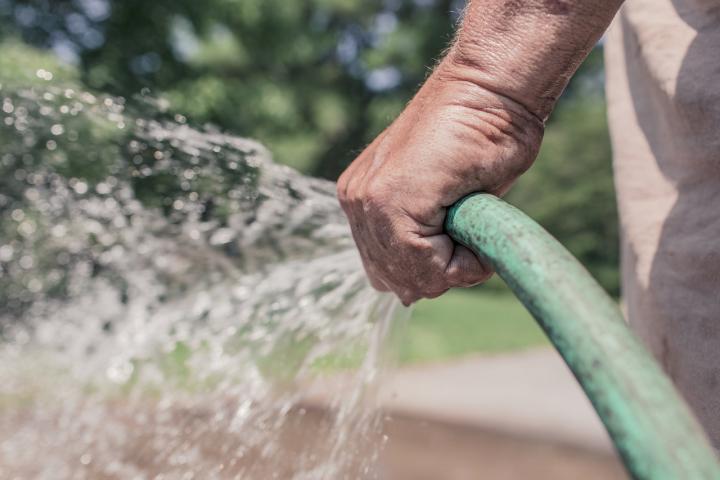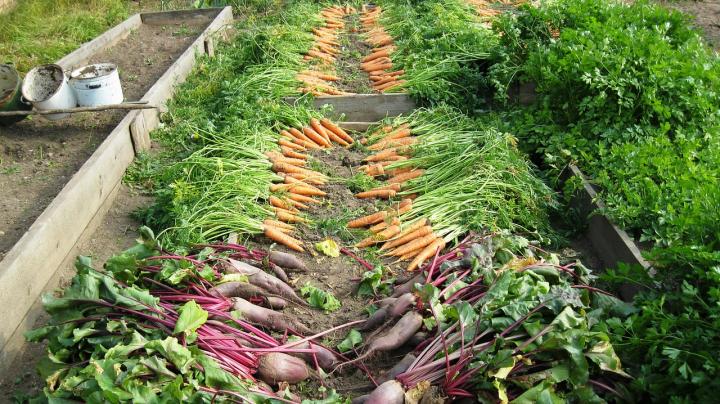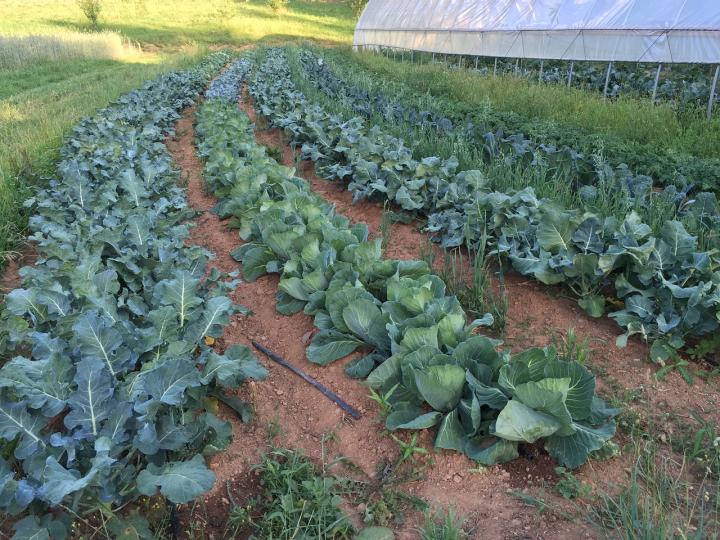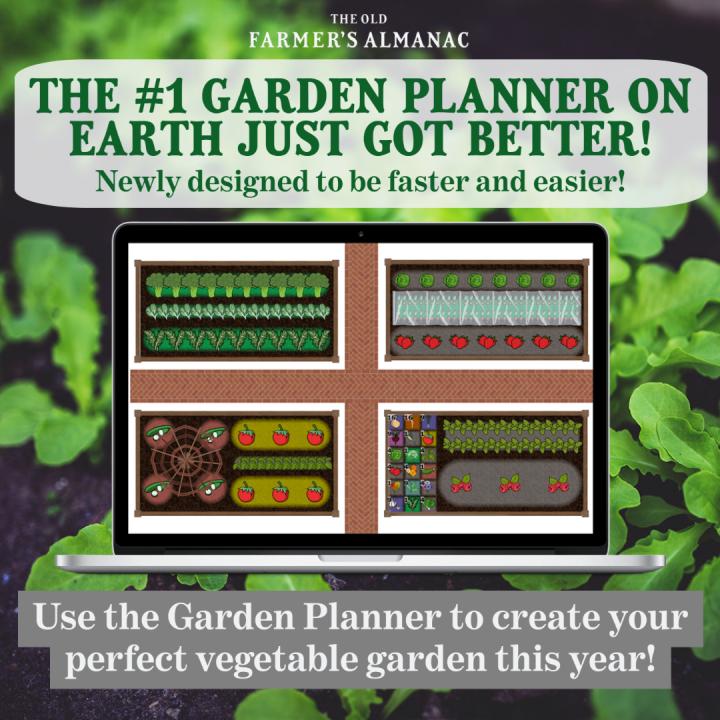
Things to Consider When Starting a Vegetable Garden
ADVERTISEMENT
Your tips are so timely that it is very tempting to share with my co-gardeners.
Keep sharing.
Can I get your permission to share this article to other people?
You are free to share a link to this article with anyone! We just ask that you not repost the contents of the article anywhere online.
Good post!! Thanks Robin.Gardening offers many opportunities to improve one’s life by providing outdoor exercise, and excellent nutrition with home-grown fruits and vegetables.
By the way, I am seeking monthly list of gardening tips and “to dos” that are appropriate for that time of year including what to plan, plant, prune, maintain, plus weed and pest control and fun projects. Any help will be highly appreciated!
Selena, See the Monthly Gardening Tips by Region here: https://www.almanac.com/gardening/tips You can always find under our Gardening menu above.
question: How man plants can plant per bag? thanks.
I think it would depend on what you are planting. Check the suggestions on the seed package.
Hi Robin: Your article above is great! I'm so excited to get started. I have an 8ft x 2ft off the ground raised bed. I planted so much in that last year, yummy! I want to get another one so I can space out the plants a little better. My question that I have is: Do you know where I could purchase a Male Shamrock Inkberry plant. No one I've asked knows. I was sold two females and as you know I am not getting any berries, so sad. Any help would be much appreciated. Still waiting for Spring!! Thanks. Diana
I planted my tomatoes & strawberry's a few weeks ago in a raised bed, thinking it was a good location, well the trees bloomed & now they barely get sun, I trimmed as much of the limbs possible, & still not much, is it too late to pull them up & plant someplace else that gets a lot of sun?
Ah yes, the classic springtime switcheroo! Those bare trees can certainly be misleading.
As long as the plants are still fairly small, they should transplant without any trouble, though they may be delayed a bit in flowering and fruiting. However, even with a delay, they’ll do much better in full sun than they would have where they are currently. When you dig them up, do so gently—and also be careful not to dig too close to the base of the plants in case the roots have spread horizontally. Keep them well-watered until they can get reestablished.
What can I put in compost pile and what is not advisable?
Thank you!
Sharon













